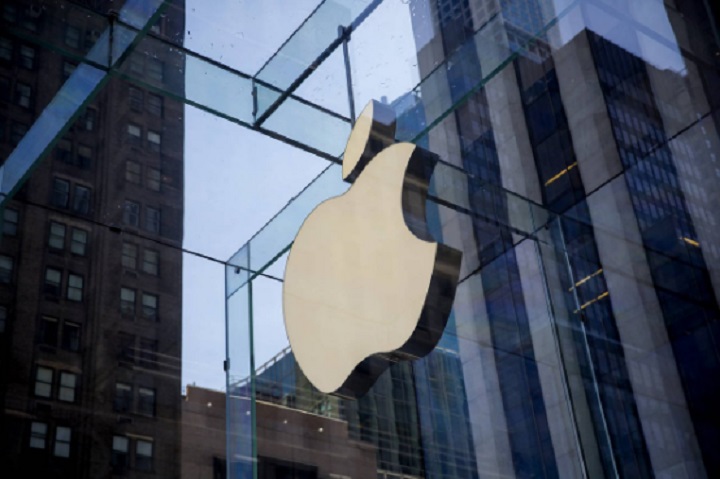So, you’re thinking about investing in technology? First off, congratulations are in order because, as of right now, technology is one of the top sectors in the market and there are numerous tech companies leading the mobile revolution.
Before we dive in, it’s worthwhile noting that the definition of “mobile app stock” can be quite broad as a number of businesses interact with today’s app economy. That said, this article will use the term in regards to companies who derive a considerable number of their usage and sales from mobile applications. With that in mind, here’s an overview of the top three mobile-app stocks meant to thrive in 2017.
-
Apple (NASDAQ:$AAPL).
As the world’s largest technology company, it should not come as a surprise to hear that Apple sits directly at the epicenter of one of the largest app businesses in the world. Essentially the App Store is there to act as a gatekeeper between millions of developers and hundreds of people who use the store through iDevices. One can only assume that the App Store makes for an advantageous business for Apple.
Due to Apple encasing revenue from the App Store into its services segment, investors are unable to identify just how much money Apple makes from powering the app economy. The last time investors were updated was in 2013, when Apple had stated that the App Store had brought in $10 billion in revenue.
Keep in mind that Apple’s installed base has skyrocketed in years since 2013, so one can only assume that the App Store’s revenue has also skyrocketed during those years. As a matter of fact, the App Store alone is likely to be a Fortune 500 company, acting as a stand-alone equity. This clearly indicates the crucial spot that Apple has in the mobile app sector.
-
Facebook (NASDAQ:$FB).
It’s important to note that Facebook profits a little differently from Apple. While Apple receives revenue as a mediator between producers and consumers, Facebook’s profitable business model focuses on its own mobile app. Despite Facebook starting out as a desktop commodity, they quickly transformed into a mobile-first business.
This company not only owns ‘Facebook’ but they also own Instagram, WhatsApp, and Facebook Messenger, each of which is mobile first. In fact, it has been reported that 83% of Facebook’s total profits came from mobile advertising during their most recent quarterly report.
Overall, Facebook has clear dominance over social media apps. According to researcher App Annie, this company owns three of the 10 most downloaded free apps in the United States Google Play Store and iOS App Store.
-
Activision Blizzard (NASDAQ:$ATVI).
As many people know, mobile gaming has the potential to become a leading form of entertainment. Luckily for shareholders, Activision Blizzard, which is an American video game company, has already started to move in that direction.
So far, Activision Blizzard’s most prominent move into mobile gaming was their $5.9 billion acquisition of King Digital (NYSE:$KING), the company responsible for creating the Candy Crush franchise. Working alongside King Digital will help Activision extend its lineup of games, which, in turn, will help the global gaming market grow.
To provide an example, try thinking about mobile games like novels. It’s rare for a novel to become an overnight hit, just as it is rare for an app to become an overnight sensation. That said, similar to a book when this does happen, mobile games can bring in massive revenue. The trick is to find a method that the audience connects to. For instance, thanks to the success of Candy Crush (which become an instant viral hit), King Digital produced $567 million in profits from a $1.9 billion revenue in 2013. Keep in mind, however, profit streams can decrease just as quickly as they can increase.
All in all, Activision Blizzard is a great way to start investing in technology as this company can enjoy an asymmetrical risk-reward proposition.
Featured Image: Twitter











